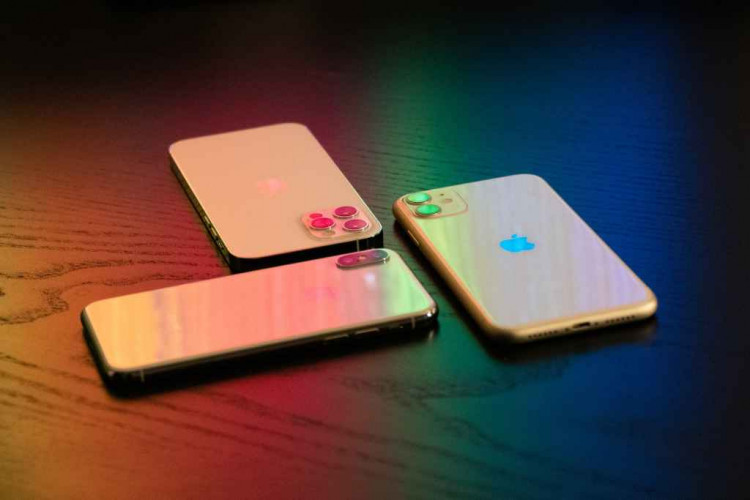In a bid to deal with the current iPhone 12 model shortages, Apple makes an emergency order of more than 20 million older iPhones.
Apple unveiled the iPhone 12 family on October 13 during the company's "Hi, Speed" event. While the new iPhone was already the subject of dozens of rumors and leaks, it still wowed the fans who watched the unveiling during the virtual event. The new features and improvements of the new iPhone were enough to unleash a barrage of orders from millions of people all over the world, prompting Apple to make an emergency order of more than 20 million old-model iPhones to deal with the unforeseen shortage of iPhone 12 models.
The iPhone 12 family launch, from all intents and purposes, was very successful, however, Apple soon found itself in a difficult situation where the popularity of the new iPhone combined with coronavirus-related production delays, resulted in the new model's shortage. In a bid to deal with the situation, Apple has to order some 20 million old-model iPhones, which include the iPhone 11, iPhone SE, and iPhone XR, to counter the iPhone 12 shortage. For some unknown reason, however, Apple omitted the iPhone 11 Pro and iPhone 11 Pro Max from the emergency order.
Chip shortage threatens iPhone 12 supply https://t.co/u1un7T78vz pic.twitter.com/y6rnDVfrVN — TechCentral (@TechCentral) November 5, 2020
According to reports, the COVID-19 pandemic did more than just affect the health of millions of people all over the globe. It also affected supply chains, which slowed down the arrival of components needed to manufacture a product, and in Apple's case, the new iPhone 12. The components of the new iPhone model come from various parts of the world. Travel and shipment restrictions combined with the limited number of people allowed to work in factories caused the needed components to become scarce, which eventually resulted in the shortage of the new iPhone model. To counter the situation, Apple decided to order over 20 million older iPhones.
In a news article published in the Nikkei Asian Report, Apple asked its suppliers to prepare more than 20 million old-model iPhones from October until the end of the year. Apple officials are hoping their action will help cope with the projected high demand for the new iPhone 12 models during the holiday season, as well as iPhone sales for the first quarter of 2021. It was also reported that the iPhone 11 and iPhone SE make up the majority of the 20 million iPhones that Apple recently ordered, with each model coming close to 10 million orders. There were no available figures for the iPhone XR, which was also supposed to be among the 20 million ordered by Apple.






